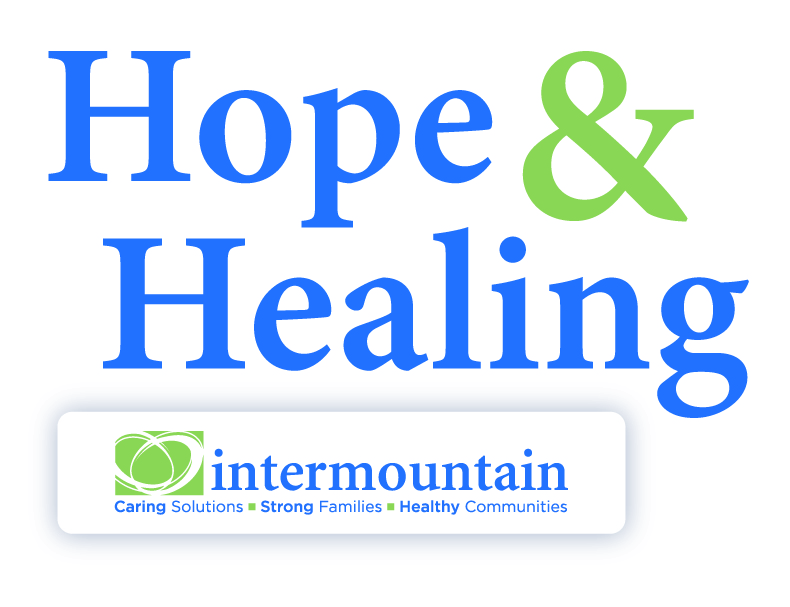By Joelle Johnson, LCSW, LAC, Intermountain Project Director
As parents, we naturally want to protect our children from everything we can, sometimes even the consequences of their own choices. After watching the news and seeing another story about a local high school student dying in an alcohol-related car accident or college kids being taken to the emergency room for alcohol poisoning, we cannot help but think of the best ways to protect our children from the harmful, sometimes fatal consequences of underage drinking. We may believe that underage drinking is an inevitable right-of-passage and decide the only way to protect our children from the consequences is to allow them to drink at home, where parents are able to control both their access to a car and how much alcohol is being consumed. While these parenting decisions are wrought with good intentions, they do nothing to protect teens against the more insidious but often times, just as dire, long-term consequences of alcohol use on the developing brain. Consequences that include the development of addiction and other long-term mental health problems. Once these consequences are weighed and considered, it becomes clear that adult-monitored, underage drinking is no safer than teens drinking at a kegger with their friends. With that in mind, parents’ goals must shift from simply reducing immediate consequences of teen alcohol use to discouraging and preventing it in all circumstances.
When living in a culture where alcohol use is legal and acceptable, it can be difficult to understand, let alone communicate to our children, why alcohol is ok for adults, but not for teens. Parents who engage in social drinking themselves may find this discussion additionally difficult. However, research has shown that, much like the well-known negative impacts of alcohol on the developing fetus, frequent or even occasional use of alcohol on the developing teen brain will result in impaired development.
While science has yet to understand addiction completely, research built over the last several decades has taught us a lot. We now know there is not an “addiction gene” but that a number of biological and environmental factors interact together to create substance abuse disorders. In addition to a family history of substance abuse, the age at which someone begins to use alcohol (or other substances) is predictive of the later development of substance abuse. Research from the National Institute of Alcohol Abuse show those who begin drinking at age 15 are four times more likely to develop addiction as those who wait until they are 21. Although there is not definitive research to explain this connection, we do know that alcohol directly impacts the areas of the brain that are developing during adolescents; areas associated with impulse control, decision making and the reward systems of the brain. Over time, teens learn (at a biological level, rather than a conscious one) that when they drink, they feel good in some way. When this “learning” occurs in a still developing brain, a brain that has yet to “learn” other ways to relax or feel good, there is an increased likelihood the youth will develop a pattern of behavior that will include alcohol. This pattern is the first step to developing an abusive relationship with alcohol where, not only is alcohol one way to relax, it becomes the only way.
The impact of alcohol on the developing brain is not only predictive of substance abuse problems, but of an entire array of mental health concerns into the future. In the example above, a youth whose brain begins to rely upon alcohol to “feel good” may experience high levels of depression or anxiety when alcohol is not present. But the impacts of teen alcohol use are not always so direct. Instead, it can be the very first domino in a series of events that contribute to mental health disorders. When engaging in alcohol use, teens increase their engagement in a number of high risk activities including unprotected sex and increased exposure to or engagement in violent behavior. These behaviors increase teen’s exposure to stressful or sometimes even traumatic events, which further increases the risk of the development of mental health issues in the long and short term.
Let’s also examine the common belief that underage drinking is a “right-of-passage.” Nationwide data from the “Monitoring the Future” study shows over the past five years the number of high school seniors reporting alcohol use in the past 30 days has decreased by 6.1% (43.5% in 2009 vs. 37.4% in 2014). The same study has also shown a steady decrease in binge drinking among teens since its peak in 1998 (31.5%) to a low of below 20% in 2014. This data suggests the opposite of what many parents believe: teen alcohol use is not the norm, which give us good reason to hope our teens do not experiment with alcohol. But we must do more than hope. We must communicate our expectation that they do not drink before they are legally old enough to do so. Research shows teens will live up to the expectations set for them by parents and other adults. If we communicate to our children that we expect for them to drink alcohol, drink they will. But, if we communicate firmly and often that underage drinking is unacceptable behavior, we can greatly reduce the chances our children will engage in underage drinking and really protect them from all the consequences that come from that choice.
References:
National Institute of Drug Abuse
National Institute of Alcohol Abuse
Monitoring the Future Study
BIO:
Joelle Johnson, LCSW, LAC has over ten years of experience treating adolescents with co-occurring mental health and substance abuse issues in outpatient and correctional settings and is currently the project director for Intermountain’s unique co-occurring treatment program. Joelle grew up in Helena and is proud to be raising her two “tween” sons in the Queen City.





